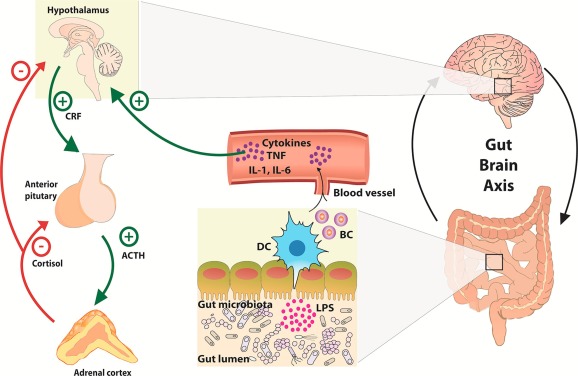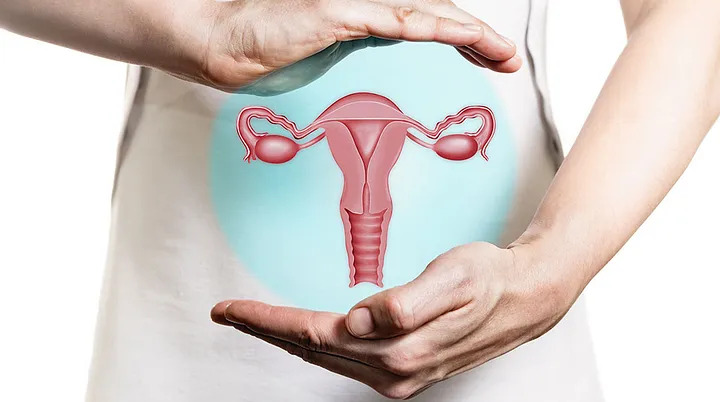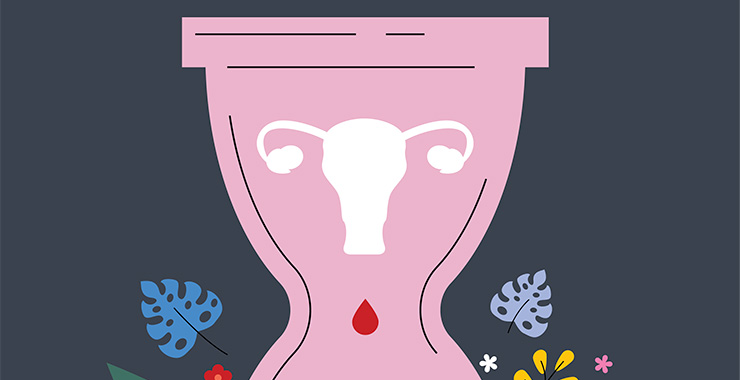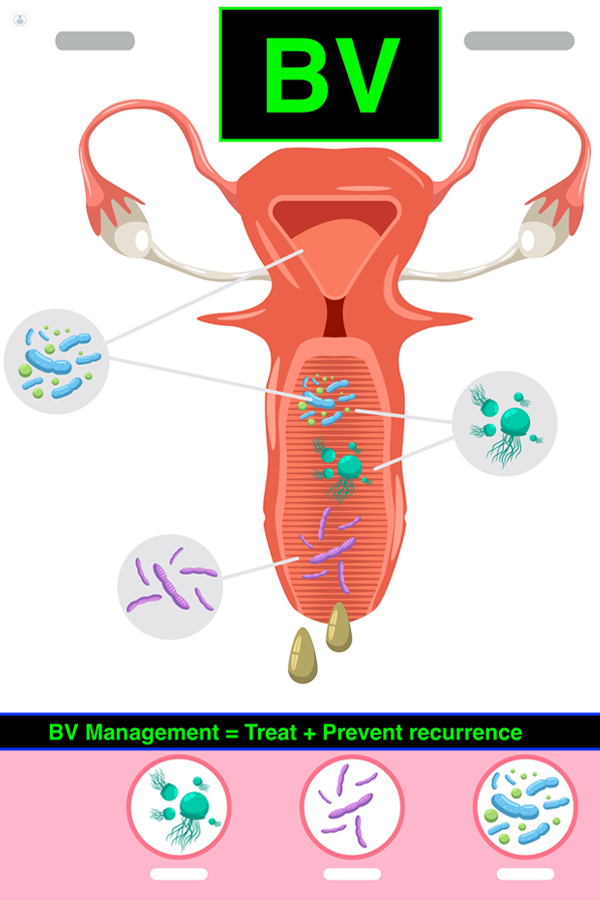
Introduction:
The intricate interplay between the gut, brain, and ovaries is a fascinating and relatively uncharted territory in the realm of women’s health. Driven by emerging research, the Gut-Brain-Ovary Axis is gaining recognition as a complex network that influences various aspects of reproductive and gynecological health. In this article, Dr. Sonali Agrawal, a leading expert in gynecology, delves into the implications of this axis for gynecological disorders.
Understanding the Gut-Brain-Ovary Axis:
The Gut-Brain-Ovary Axis represents the bidirectional communication between the gastrointestinal system, the central nervous system, and the ovaries. This intricate connection involves hormonal signaling, neural pathways, and the influence of the gut microbiome, collectively contributing to the regulation of reproductive processes and hormonal balance in women.
- Hormonal Regulation: The gut plays a crucial role in metabolizing hormones, including estrogen. Disruptions in gut health can impact hormone levels, potentially leading to irregular menstrual cycles, ovulatory dysfunction, and conditions such as polycystic ovary syndrome (PCOS). Conversely, ovarian hormones can influence gut function, highlighting the interconnected nature of this axis.
- Neural Pathways: The brain communicates with the ovaries through the hypothalamic-pituitary-ovarian (HPO) axis, regulating the menstrual cycle and reproductive functions. Simultaneously, the gut communicates with the brain through the gut-brain axis, influencing mood, stress levels, and neural signaling. Disruptions in these pathways can contribute to gynecological disorders, including menstrual irregularities and fertility issues.
- Gut Microbiome Influence: The gut microbiome, a diverse community of microorganisms residing in the gastrointestinal tract, plays a pivotal role in health and disease. Recent research suggests that the gut microbiome may influence reproductive health by modulating inflammation, immune responses, and hormonal balance. Imbalances in the gut microbiome have been associated with conditions such as endometriosis and infertility.
Implications for Gynecological Disorders:
- Polycystic Ovary Syndrome (PCOS): PCOS, a common gynecological disorder characterized by hormonal imbalances and ovarian dysfunction, has been linked to insulin resistance and inflammation. The Gut-Brain-Ovary Axis provides insights into the potential role of gut health in PCOS development and progression, opening avenues for holistic treatment approaches that address both reproductive and gastrointestinal aspects.
- Endometriosis: Endometriosis, a condition where tissue similar to the lining of the uterus grows outside the uterus, is associated with inflammation and immune dysregulation. Research exploring the gut-brain-ovary axis suggests that the gut microbiome and neuroendocrine signaling may influence the development and progression of endometriosis, offering novel perspectives for therapeutic interventions.
- Menstrual Irregularities and Mental Health: Menstrual irregularities, often influenced by stress and hormonal imbalances, can be connected to disruptions in the gut-brain-ovary axis. Understanding the role of stress on gut health and hormonal regulation provides a comprehensive approach to managing conditions such as irregular periods and associated mental health concerns.
Conclusion:
As the Gut-Brain-Ovary Axis continues to unveil its complexities, Dr. Sonali Agrawal emphasizes the transformative potential of this knowledge in the field of gynecology. Recognizing the interconnected nature of the gut, brain, and ovaries opens new avenues for understanding and treating gynecological disorders. By adopting a holistic approach that considers the health of the gut alongside traditional gynecological perspectives, we move closer to more personalized and effective strategies for promoting women’s reproductive and overall well-being.
For more info. please visit : https://www.ahrihospital.com/












